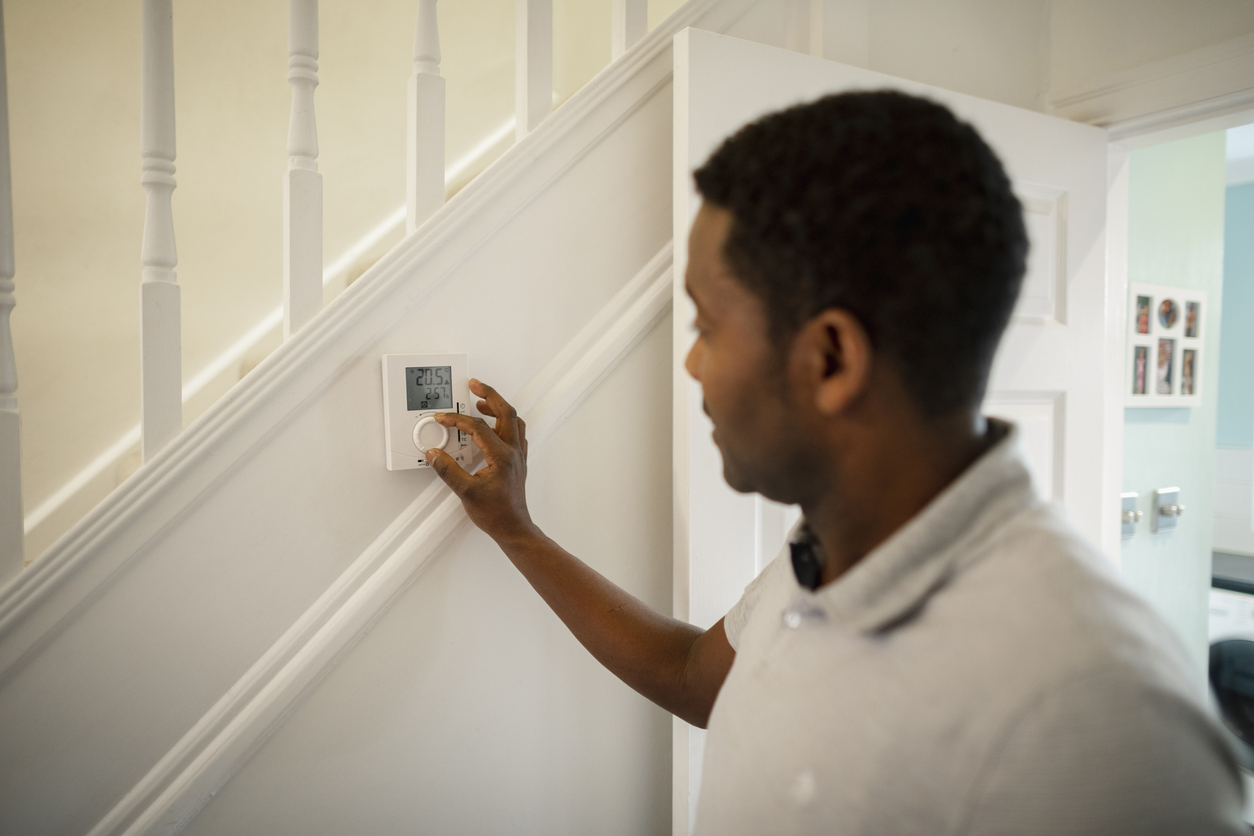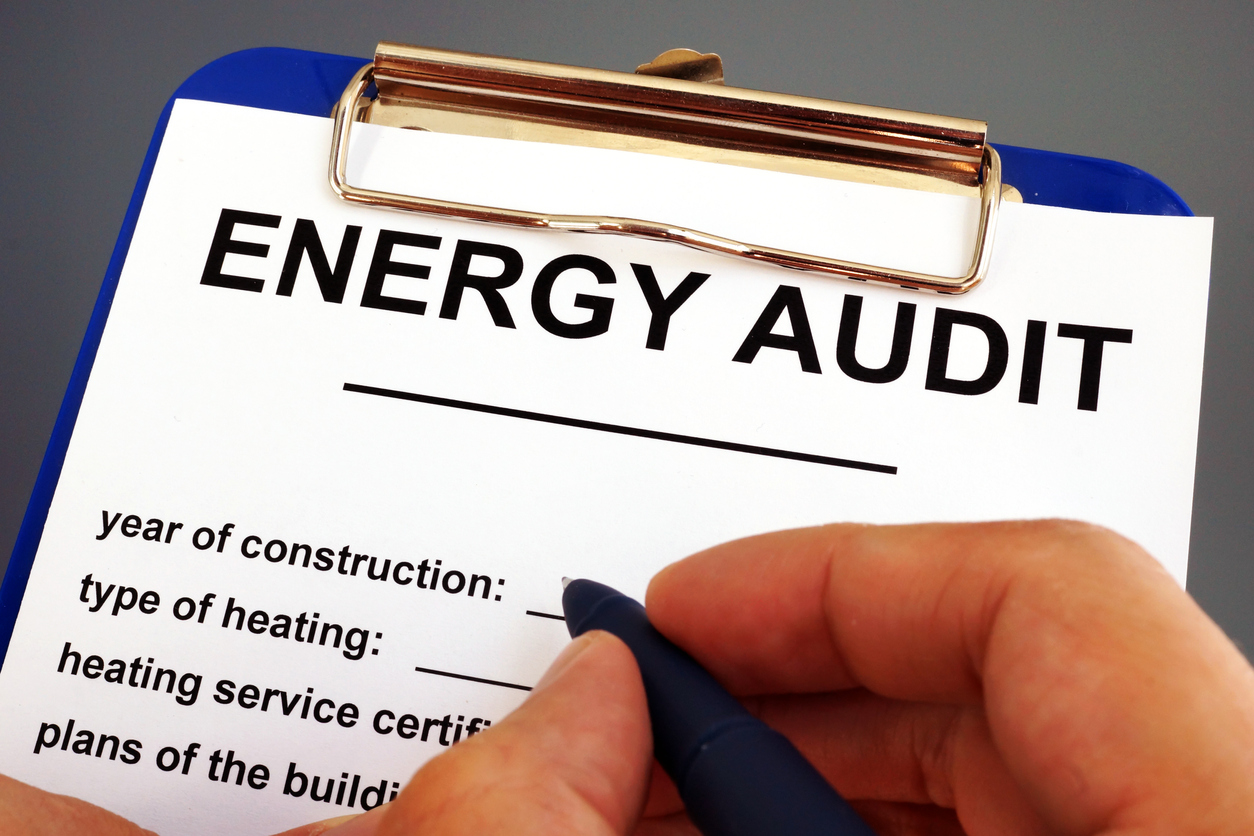News●Tips
What Is the Role of An Energy Advisor?
August 9, 2022

In Vancouver, home renovations require an energy advisor to be on the team. This is an individual that is trained to offer homeowners, renters, and builders alike guidance and direction on ways that people can measure and improve the energy efficiency of their homes. There are many roles that an energy advisor fills, but there are also some things that they aren’t responsible for. To make the most of the renovation or construction, it’s important to be up to date on both.
What Does an Energy Advisor Do?
An energy advisor is responsible for guidance and direction only. They know all of the best ways to improve the energy efficiency of a home and they know all the standards of the various programs, including:
- CHBA Net Zero Home Labelling Program
- EnerGuide Rating System
- ENERGY STAR® BUILT GREEN®
They can provide an overview of which programs will be best for a project. They can also evaluate homes based on the construction plans before any work begins, allowing them to advise on the best building materials and systems to maximize energy efficiency and air quality. They are also capable of bringing third-party inspection and verification to the project. They can perform tests once work is completed and report the end result for various programs, as well.
What Won’t an Energy Advisor Do?
An energy advisor will not make the changes or install or inspect any systems for the sake of the renovation or construction process. They are merely present in an advisory capacity and are not technicians that work on any of the projects. They will also not be able to provide any information on what systems and appliances to use specifically, as that will be left to the builders and HVAC experts. They can, however, advise on which products, or which product lines, are most efficient based on the needs of each individual home or project.

Is an Energy Advisor Required?
Anyone that’s considering building or upgrading a home to be more energy-efficient needs to consider working with an energy advisor. They’re experts on the process, after all, and they will be able to help educate you on the best moves that you can make to improve your home’s energy efficiency. This will help you install better systems, choose better construction, and have a lower impact on the environment in your completed home.
If you do work with an energy advisor, make sure that they are qualified by the CHBA to deliver the service. You can do this by checking with the Canadian Home Builders’ Association or one of the qualified Net Zero Service Organizations available in the country to find energy advisors in your specific region.
Informed Homeowners Make Better Ones
The bottom line is that the more you know about your home and its energy efficiency, the better. It will also help you make positive changes when it comes time for renovations or decide whether to upgrade early. It’s all about getting educated and the help of an energy advisor will make sure that you get that in every possible way. You can even read up on how the energy audit process works and learn more about getting the best advisor to oversee your project and help make suggestions for improvements.
When you are more informed about the construction of your home, you will be a better homeowner in several regards. Most importantly, you will be conscious of your decisions and work harder to make choices that are more in line with energy-efficient methods and processes. If nothing else, the education gleaned from an energy advisor can be invaluable to a modern homeowner.

The Bottom Line
If you’re looking to reduce your carbon emissions and improve the energy efficiency of your home, this is the first step in the process. Take the time to find a licensed professional in your area that can perform the work to ensure that your renovation or new home construction is as close to net zero as possible and that you have the most energy-efficient installations. That way, you’ll spend less on your home’s maintenance and upkeep over time and contribute less to the global warming crisis, which means everyone wins.
